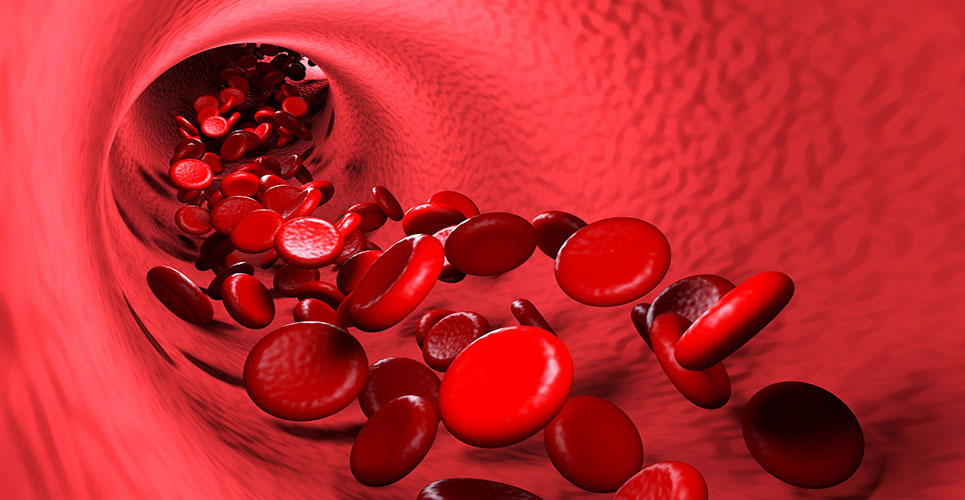teaser
New medical trials have suggested that some leukaemia patients can go into complete remission by using a standard drug treatment, which they can then safely discontinue using.
The Stop Imatinib (STIM) study, involving 69 people with chronic myeloid leukaemia (CML) treated with the standard drug imatinib, found that some patients remained completely free of the disease two years after doctors stopped treating them.
Findings, published in the journal The Lancet Oncology, revealed that 41% of patients showed complete molecular remission (CMR) one year after stopping the drug treatment, and 38% showed the same results for up to two years.
The new discovery contradicts the prevalent belief that the disease would always return if treatment was halted, due to the presence of imatinib-resistant stem cells.
The study, led by Professor Francois-Xavier Mahon, from Victor Segalen Bordeaux University in France, aimed to assess whether imatinib treatment, which improves survival in patients with CML, can be discontinued without occurrence of molecular relapse in patients in complete molecular remission (CMR) while on imatinib.

The trails involved patients with the slow-growing, long-term cancer of white blood cells in continuous remission for at least two years while undergoing the standard treatment with the tyrosine-kinase inhibitor imatinib, better known by its brand-name Glivec.
Imatinib works by switching off the enzyme linked to the cancer, leading to reduced levels of an abnormal protein called BCR/ABL.
Findings suggest that the imatinib treatment can lead to a molecular relapse-free survival in some patients and the drug’s discontinuation could still produce CMR, which is marked by the protein becoming undetectable.
According to the report, all patients who relapsed responded to the reintroduction of the drug.
Copyright Press Association 2010
